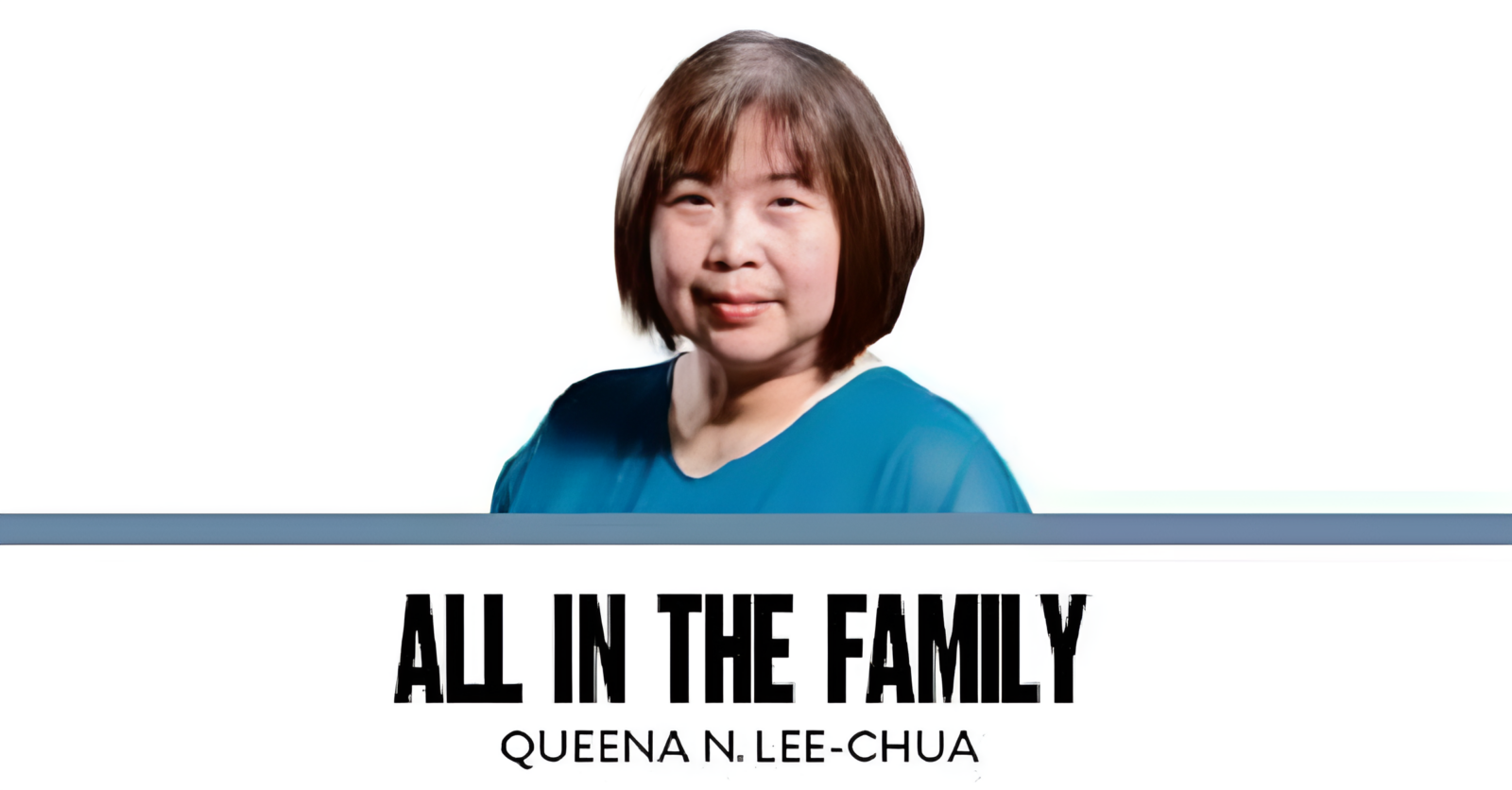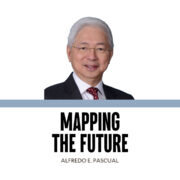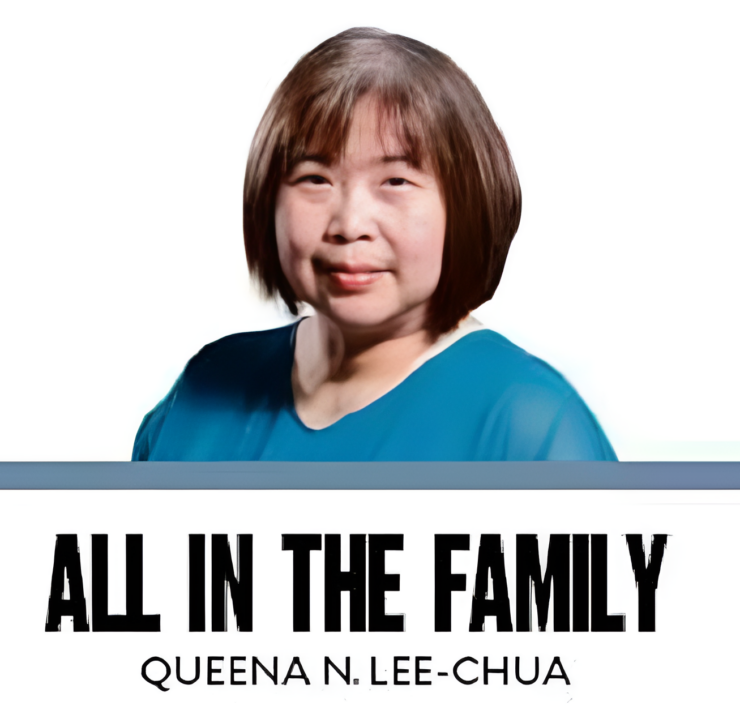Beyond a toxic God

(Last of two parts)
Jesuit priest Fr. Gregory Boyle, the founder of Los Angeles-based Homeboy Industries, opens his book “The Whole Language” thus: “Nothing is more consequential in our lives than the notion of God we hold. Not God. The notion of God. This is what steers the ship … Meister Eckhart, the mystic and theologian … said, ‘It is a lie, any talk of God that doesn’t comfort you.’ This was his notion.”
One time I visited a pilgrimage site to seek solace, but grew troubled by the saints’ visions of hell, plus the seeming anger and disappointment of our Creator.
What about mercy? I asked my confessor, also a Jesuit, who placed the visions in their proper context. “Jesus taught mercy, and they put Him to death,” he said and directed me to Lourdes, France, where I finally felt cherished by the tender love of Jesus and Mama Mary.
Why is Homeboy the most effective gang-intervention and reentry program ever? Humans find comfort and healing in care and belonging rather than punishment and blame. Though this may appear like coddling, the book abounds with powerful stories of despair-turned-redemption—balm in a fearful, polarized world.
Boyle urges us to expand our ideas of God. We often pray for him to allay his wrath, and vow to behave accordingly. “How could we have gotten this so wrong?” Boyle says. “There is no moment when God gets pissed off. We do, but God never does. God is never toxic, but quite often our version of God, to which we cling, can be. We need to lose patience with such a puny god.”
How radical to realize this: “God doesn’t want us to be good. We already are. God only longs for us to be joyful … God’s love for me is zero dependent on my love for God. But our notion of God can atrophy … And it can be hard to shake the transactional god who puts us in debt. The I-love-you, now-love-me-back god … God never has second thoughts about loving us. Never.”
Last Christmas Day, a student emailed her gratitude for our counseling sessions, which she says helped her make new friends, speak at conferences, mentor students and win awards—“but most importantly, I realized my worth as a person.”
I commended her growth, but reiterated that she has always been worthy as a person—to God, to others (including me), and now to herself.
For mortals, love includes being adored, but God does not need such validation. “’Come let us adore Him,’ we sing at Christmas. [But] God holds little interest in such … We on the other hand would love it … This is how we know it is our projection onto God, and we can get stuck there … Embracing the marrow of the gospel, or taking seriously what Jesus took seriously, or dedicating ourselves to the creation of tender kinship with each other—now, that’s praise God can get behind.”
Rather than the staleness of “believe-behave-be-saved,” we are called to a deeper and wider communion with God and each other. “Authentic Christianity never circles the wagons. It always widens the circle. There is no need for an ‘in-crowd’ if everyone is in. Sinners were social outcasts in the time of Jesus … Jesus was from the middle class. He was not by birth or upbringing one of the poor or oppressed. He was, however, an outcast by choice. It was his compassionate response to the suffering he saw … There is no point in knowing Jesus, unless we’re going to see as Jesus.”
“We find our way together to Christianity as a loving way of life,” Boyle says, “not just as a system of beliefs, dogmas and requirements, but as a tender disposition of the heart. If we were honest with ourselves, we’d find the longing to sidestep religiosity and move [to] mysticism. From piety, purity and moralistic measuring to the expansive, deeper joy that comes from not judging … When we are fearful, we distrust mysticism. Then we fall back on morality. That always moves from the outside in. Mysticism is the light from the inside out.”
He quotes St. Teresa of Avila, “And only at that shrine where all are welcome, will God sing loud enough to be heard.”
Queena N. Lee-Chua is on the Board of Directors of Ateneo’s Family Business Center. Get her print book “All in the Family Business” at Lazada or Shopee, or e-book at Amazon, Google Play, Apple iBooks. Contact the author at blessbook.chua@gmail.com.


















